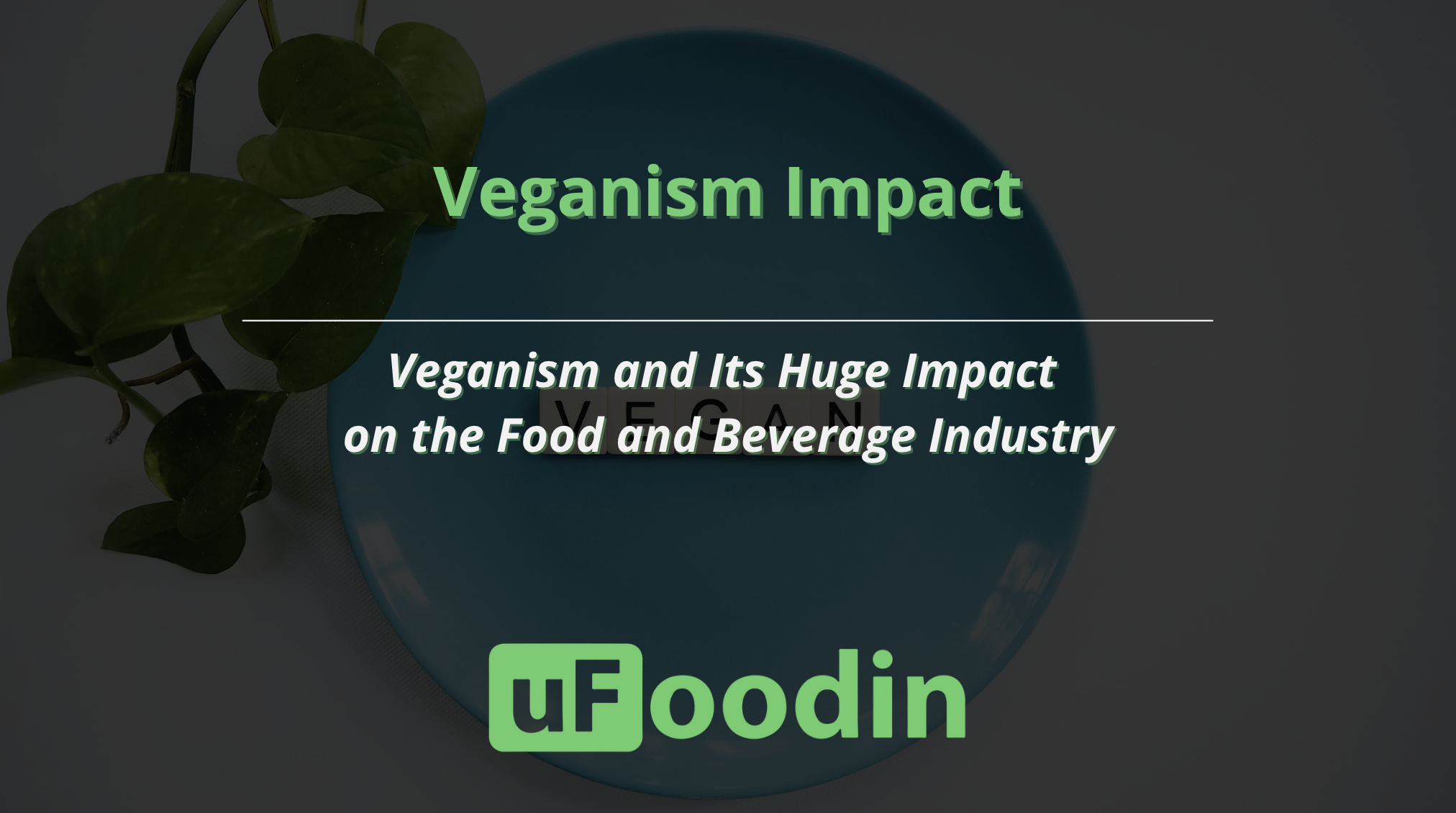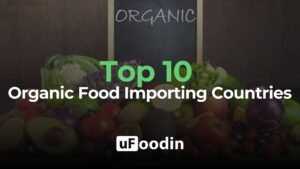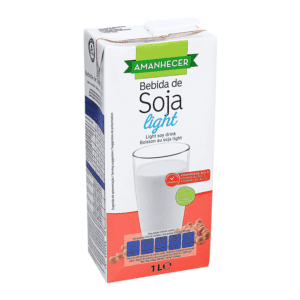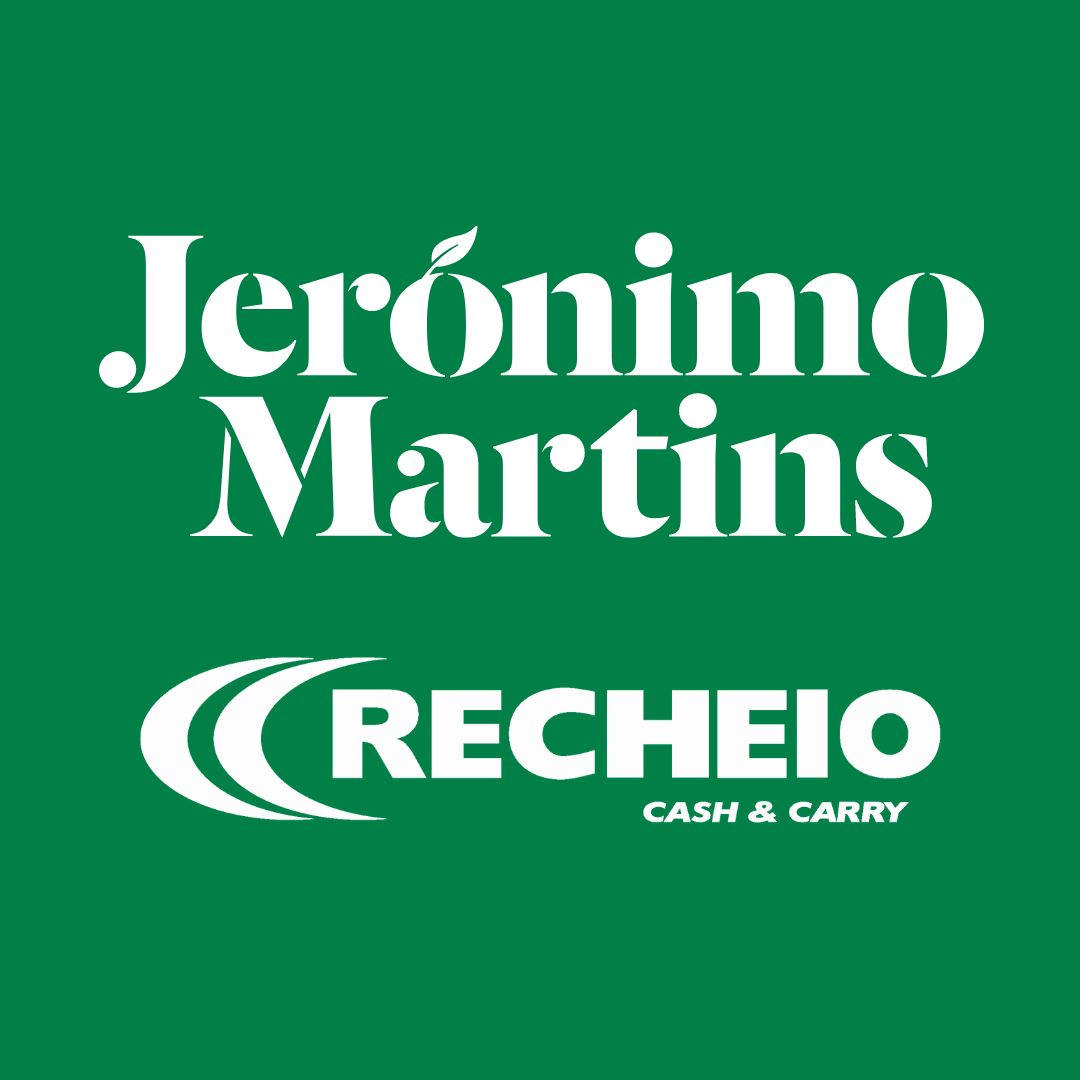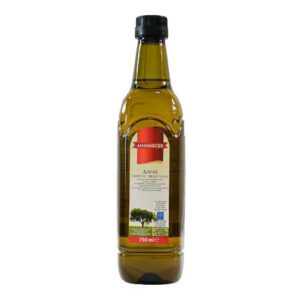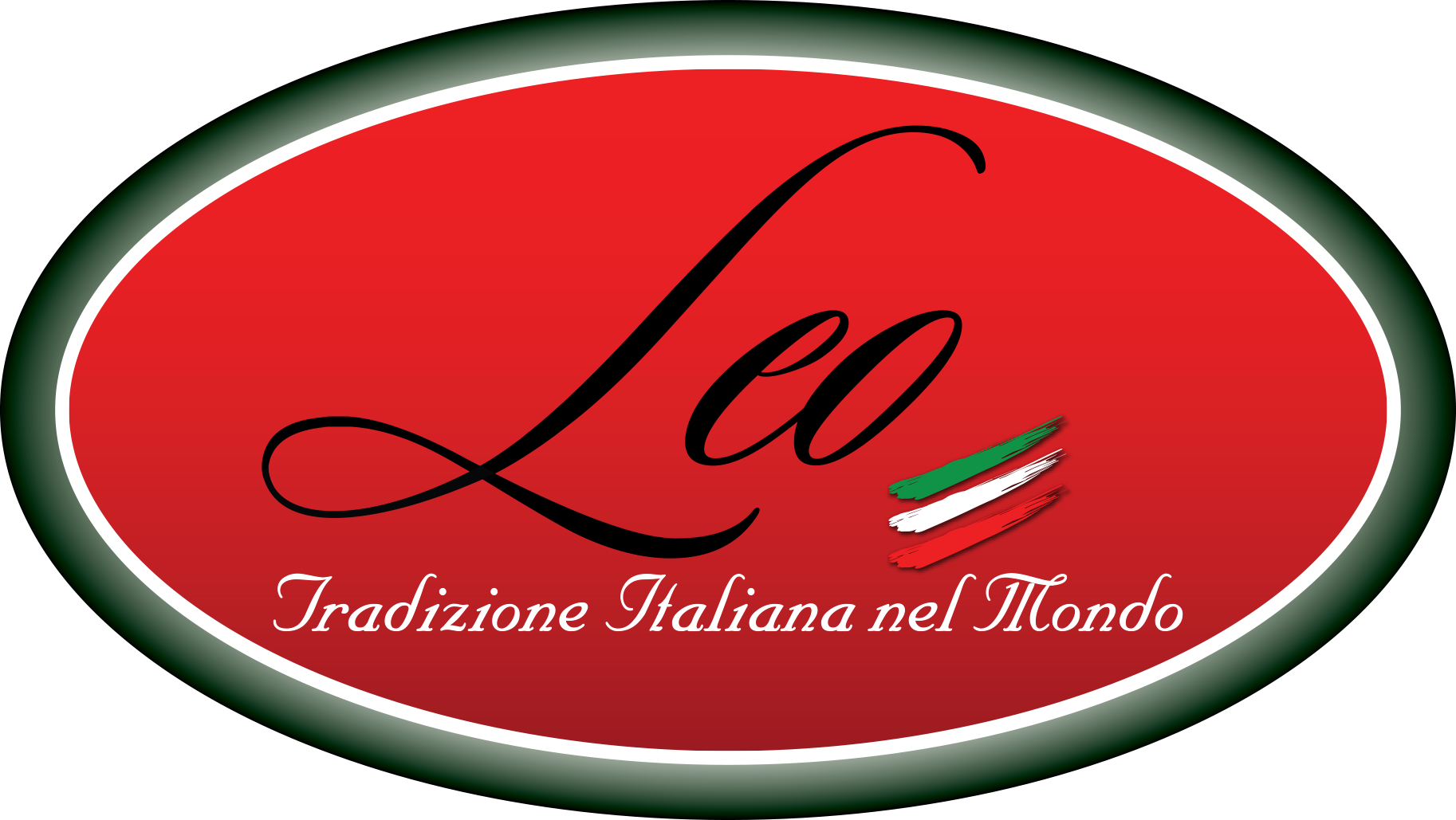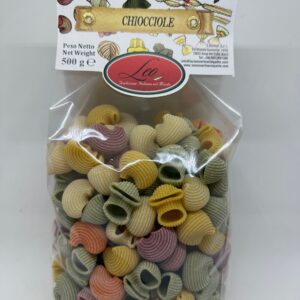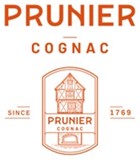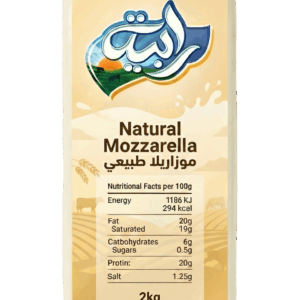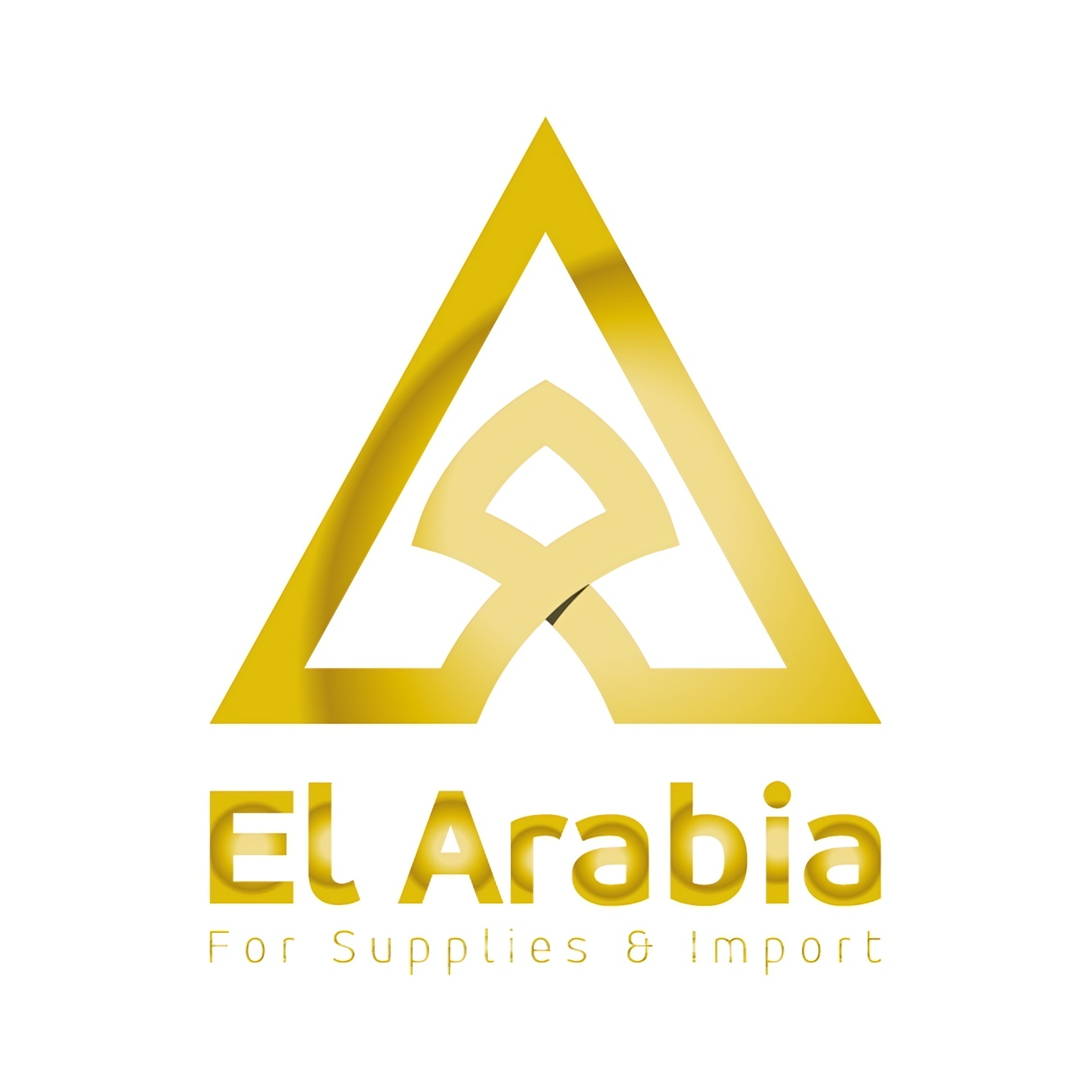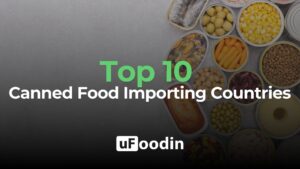3 Must-See Pieces of Advice for Non-Vegan Food Producers
The F&B community knows it very well. Veganism isn’t a mere rising trend whose popularity will slowly fade into obscurity. The core of veganism as a lifestyle has been embedded in our society to the point that it has become an inseparable factor in running your company.
Let’s discuss its impact on the Food and Beverage Industry and how you can use it to your advantage.
Vegan Food Market Overview
Let’s get the *obvious* boring information out of the way first.
The two main categories of vegan food are meat substitutes and dairy alternatives, coming entirely from plant-based ingredients. Unsurprisingly, the meat substitutes are more popular on the market, with soy and wheat being the preferred ingredients for vegan products of that kind.
Dairy-free foods refer to products derived from rice, coconut, and almonds. The willingness of F&B companies to experiment with vegan foods allows the end-user to choose from a remarkable variety.
Okay. Which countries have experienced the most substantiate meat consumption decrease? The Western European countries and the US have led the veganism movement over the last few years due to the worrying number of obese individuals.
Specialty stores and supermarkets are the go-to distribution channels for vegan foods. The online options offered by food services are an enticing opportunity for customers but are still in development. However, their upside is something worth investing in.
Let’s talk projections. Research and Markets reports predict an optimistic future and steady improvement. The vegan food industry value will likely reach a staggering $31.4 billion by 2026 (which means it will double compared to 2020).
North America leads the percentage charts and takes up a third of the total vegan food market. Be on the lookout for opportunities in the Asia-Pacific market expected to take a significant leap over the next five years.
How Non-Vegan Food Producers Can Keep Up With the Market Changes?
You own an established meat and poultry/dairy industry company. How to compete with vegan food manufacturers in your industry?
The soaring prices dictated by market conditions have undoubtedly caused you some worries. How to counter the disadvantages:
- Although the vegan movement is gaining momentum, many of your customers won’t change their dietary habits. To ensure that your business will enjoy success in the future, implement a more health-conscious approach to raising your animals. More humane conditions on your farms and food free of pesticides will grant you immense respect.
- Exporting products to foreign markets overseas that lack the quality you offer is one way to generate more revenue.
- Marketing. Veganism is a noble lifestyle change channeling the moral basis of our dietary choices. However, don’t let the average end-user think that consuming meat and dairy products is morally wrong. Show them how much effort you put into ensuring the well-being of your animals. And put your foot where your mouth is!
It doesn’t matter if you are a vegan or non-vegan food manufacturer. As long as you provide the consumer with high-quality products and are morally conscious about your methods, you will have an admirable place in the Food and Beverage Industry.

